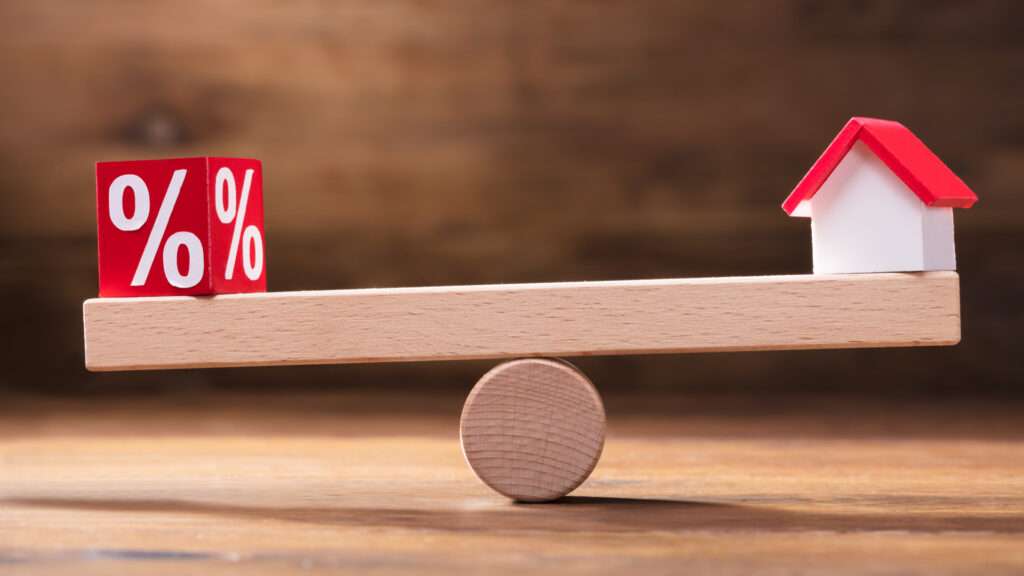
In fairness, negative interest rates as an economic tool to combat shocks and severe events have been mulled over and spoken about for years. It’s not a novel or revolutionary idea.
It could be seen as a moot point in the context of property because it has fared remarkably well given we’ve just come out of the other side of a pandemic, but if the Bank of England decided to implement them they would certainly have implications for landlords and investors.
The UK is a much different place than even 6 weeks ago when things were looking pretty grim just the other side of Christmas. The state of play was starting to look a little bit perilous and it left things looking a little uncertain.
Out of the darkness, however, seems to have come the blinding light of modern science and international collaboration in the form of vaccinations that offer the most vulnerable in our society protection from the worst effects of the pandemic.
Since the government first started rolling out this marvellous example of human achievement things have gone probably better than even the governments most optimistic supporters could have imagined.
Next week the government are set to brief their plan for taking the country out of full lockdown so attention has now turned towards what the economic recovery will look like, resulting in the idea of negative interest rates resurfacing.
Negative interest rates
It was reported in The Guardian that ‘The Bank of England has told high street banks and building societies they have six months to prepare for negative interest rates. BoE policymakers stressed that the request did not mean a cut in borrowing costs below zero was imminent or even likely, but with few tools left to boost the economy in the event of a downturn, the central bank needs negative rates to be available as an option.’
But what exactly are negative interest rates and what is the impact to the wider economy if they’re implemented? It means that when banks put their cash in the Bank of England, rather than earning interest on that money they’d have to pay the bank to keep it for them, in simple terms.
This has been trialed across the world before and the central theory is that it discourages banks from hoarding cash and encourages them to lend it to each other and consumers therefore stimulating the economy and spending.
Negative interest and property
The logical extension to the Bank of England base rate falling beneath zero is that mortgages and borrowing would become cheaper.
With interest rates already being historically low, there won’t be a huge difference as most banks lend at base rate +1. Most also have terms and conditions that mean they’ll never reduce their interest to 0%, but it’s about as close as it’s conceivable to be.
Should that happen the expectation is that many people would rush to get new mortgages or buy up property, driving the price higher whilst restricting supply and also driving up rental demand and prices.
Again, the bank hasn’t said that this is likely, but certainly a possibility.
That’s no matter, however, as house prices and rental demand have been soaring regardless since around this time last year despite restrictions being in place. It’s more than likely that this will continue throughout the new year, and even the talk of negative interest rates could be enough to spark another surge, so keep your eyes on the market and if you’re thinking of expanding or entering now, it might be time to get it done.